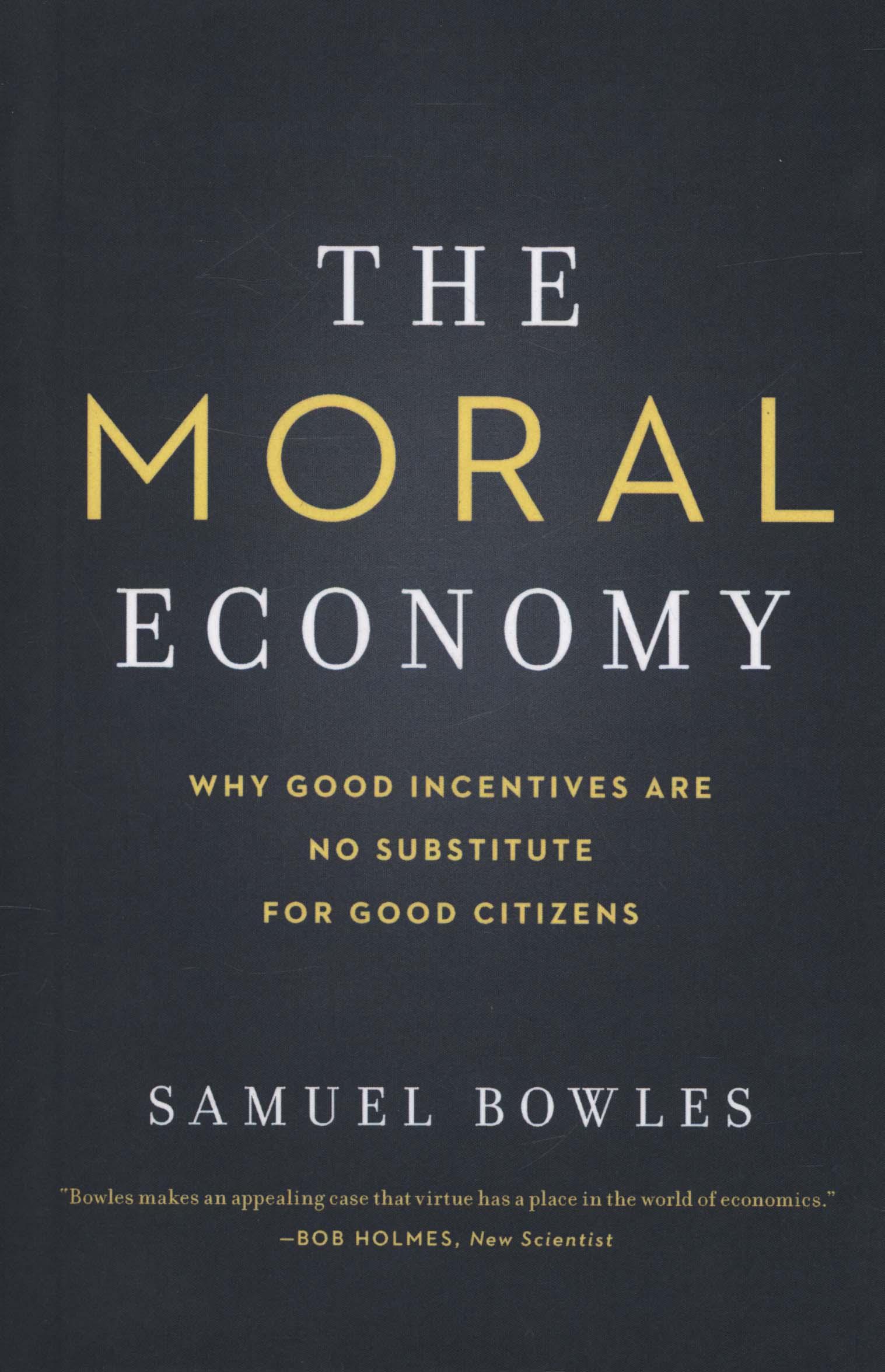Moral Economy

Moral Economy
Why do policies and business practices that ignore the moral and generous side of human nature often fail? Should the idea of economic man--the amoral and self-interested Homo economicus--determine how we expect people to respond to monetary rewards, punishments, and other incentives? Samuel Bowles answers with a resounding "no." Policies that follow from this paradigm, he shows, may "crowd out" ethical and generous motives and thus backfire. But incentives per se are not really the culprit. Bowles shows that crowding out occurs when the message conveyed by fines and rewards is that self-interest is expected, that the employer thinks the workforce is lazy, or that the citizen cannot otherwise be trusted to contribute to the public good. Using historical and recent case studies as well as behavioral experiments, Bowles shows how well-designed incentives can crowd in the civic motives on which good governance depends.
PRP: 153.95 Lei
Acesta este Pretul Recomandat de Producator. Pretul de vanzare al produsului este afisat mai jos.
123.16Lei
123.16Lei
153.95 LeiLivrare in 2-4 saptamani
Descrierea produsului
Why do policies and business practices that ignore the moral and generous side of human nature often fail? Should the idea of economic man--the amoral and self-interested Homo economicus--determine how we expect people to respond to monetary rewards, punishments, and other incentives? Samuel Bowles answers with a resounding "no." Policies that follow from this paradigm, he shows, may "crowd out" ethical and generous motives and thus backfire. But incentives per se are not really the culprit. Bowles shows that crowding out occurs when the message conveyed by fines and rewards is that self-interest is expected, that the employer thinks the workforce is lazy, or that the citizen cannot otherwise be trusted to contribute to the public good. Using historical and recent case studies as well as behavioral experiments, Bowles shows how well-designed incentives can crowd in the civic motives on which good governance depends.
Detaliile produsului








